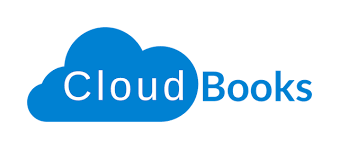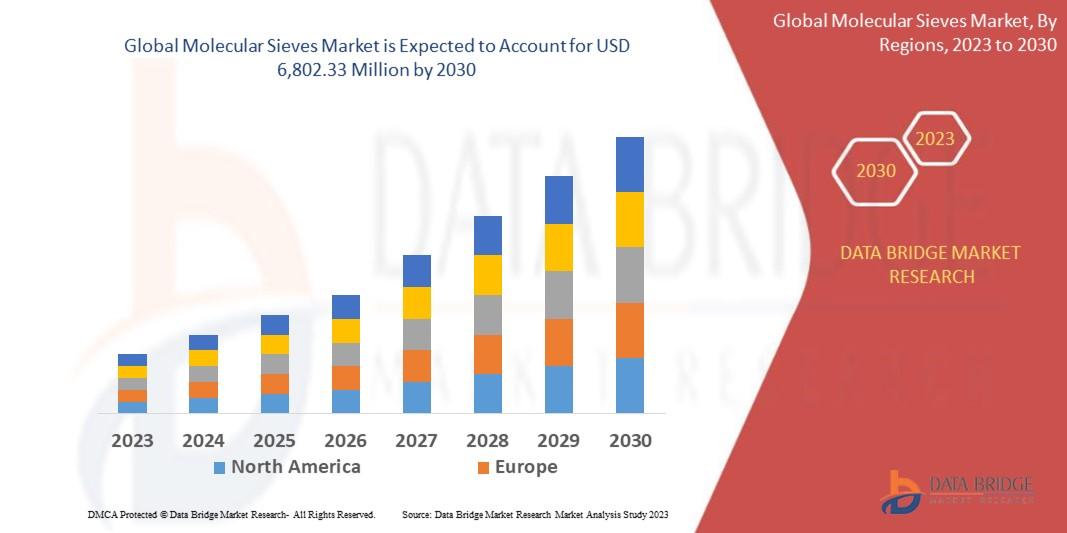Cloud Books and VAT Returns: A Modern Solution for UK Businesses

Managing business finances has always been a complex task, especially when it comes to VAT returns. With tax regulations becoming stricter under HMRC’s Making Tax Digital (MTD) initiative, businesses are required to maintain digital records and file VAT online. For many, this has been a challenge. However, the rise of cloud books—also known as cloud accounting software—has made the process significantly easier.
This article explores how cloud books simplify VAT returns, the advantages they offer over traditional bookkeeping, and why every business should consider making the switch.
What Are Cloud Books?
Cloud books refer to cloud-based accounting systems that allow businesses to manage their finances online. Unlike traditional accounting software, which is installed on a single computer, cloud accounting stores data securely on remote servers. This gives business owners and accountants access to financial records anytime, anywhere.
Popular cloud accounting platforms in the UK include:
-
Xero
-
QuickBooks Online
-
Sage Business Cloud
-
FreeAgent
-
Zoho Books
These platforms are designed not only for day-to-day bookkeeping but also for compliance tasks like VAT return submissions.
Why VAT Returns Matter
VAT (Value Added Tax) is a consumption tax applied to most goods and services in the UK. Businesses registered for VAT must file returns—usually every quarter—detailing:
-
Sales and the VAT charged (output tax)
-
Purchases and the VAT paid (input tax)
-
The net VAT amount owed to HMRC or reclaimable
Mistakes in VAT returns can lead to penalties, compliance issues, and cash flow problems. Since MTD for VAT became mandatory, most VAT-registered businesses must use digital software to keep records and file returns electronically.
How Cloud Books Simplify VAT Returns
1. Automated VAT Calculations
Cloud accounting software automatically applies the correct VAT rate to invoices, purchases, and expenses. This reduces human error and ensures accuracy in VAT reporting.
2. Direct HMRC Filing
Most cloud book platforms are HMRC-recognised and allow VAT returns to be submitted directly. No need to log in separately to HMRC’s website—just file with a click.
3. Real-Time Updates
Every financial transaction—whether a sale, purchase, or expense—is recorded instantly. When it’s time to submit VAT, all the information is already organised.
4. Error Detection
Cloud software often flags missing receipts, duplicate entries, or incorrect VAT codes before submission, reducing the risk of costly mistakes.
5. Time Savings
Instead of compiling spreadsheets manually, businesses can generate VAT return reports instantly. This frees up valuable time for business growth.
Benefits of Cloud Books Beyond VAT
While VAT compliance is a major advantage, cloud books offer much more:
-
Accessibility – Manage accounts from anywhere using a computer, tablet, or smartphone.
-
Collaboration – Business owners, accountants, and staff can access the same system simultaneously.
-
Security – Cloud storage uses encryption and backups, often safer than desktop storage.
-
Scalability – Businesses can upgrade features as they grow.
-
Cost-Effective – Affordable monthly subscriptions eliminate the need for expensive software licenses.
Choosing the Right Cloud Books for VAT Returns
When selecting software, consider:
-
MTD compliance (HMRC-approved)
-
Ease of use (intuitive dashboards, simple navigation)
-
Integration with banking apps, invoicing, and payroll
-
Customer support availability
-
Pricing that matches your business size
For example:
-
QuickBooks Online is great for small businesses needing simple VAT tools.
-
Xero is known for robust integrations and scalability.
-
FreeAgent is popular among freelancers and contractors.
Common VAT Return Mistakes—and How Cloud Books Prevent Them
Even with software, VAT returns can go wrong if not managed carefully. Common mistakes include:
-
Applying the wrong VAT rate
-
Missing cash transactions
-
Claiming VAT on personal expenses
-
Failing to reconcile bank records
-
Missing submission deadlines
Cloud books minimise these risks by automating entries, offering real-time bank feeds, and sending deadline reminders.
How Accountants Benefit from Cloud Books
For accountants, cloud books are a game-changer. They provide real-time access to clients’ accounts, making it easier to:
-
Review VAT figures instantly
-
Provide proactive tax advice
-
Correct errors before submission
-
Collaborate remotely with clients
This real-time collaboration improves efficiency and strengthens business–accountant relationships.
The Role of Making Tax Digital (MTD)
The UK government’s Making Tax Digital programme requires businesses to maintain digital tax records and file returns electronically. Currently, VAT is the focus, but future plans include income tax and corporation tax.
Cloud books are fully aligned with MTD requirements, making them the best long-term solution for compliance.
Future of VAT Returns with Cloud Technology
Looking ahead, cloud books will become even more advanced, incorporating:
-
Artificial Intelligence (AI) to detect anomalies
-
Automation for end-to-end tax compliance
-
Predictive analytics to forecast tax liabilities
-
Deeper integrations with payment systems
Businesses that adopt cloud books early will be better prepared for these changes.
Conclusion
The combination of cloud books and VAT returns is revolutionising how UK businesses handle their finances. Cloud-based accounting software:
-
Automates VAT calculations
-
Files directly with HMRC
-
Saves time and reduces errors
-
Enhances collaboration with accountants
-
Ensures long-term compliance with MTD
Whether you’re a freelancer, small business owner, or managing a growing enterprise, adopting cloud books is no longer optional—it’s essential. By embracing this digital shift, you’ll not only simplify VAT returns but also gain better control of your business finances.






